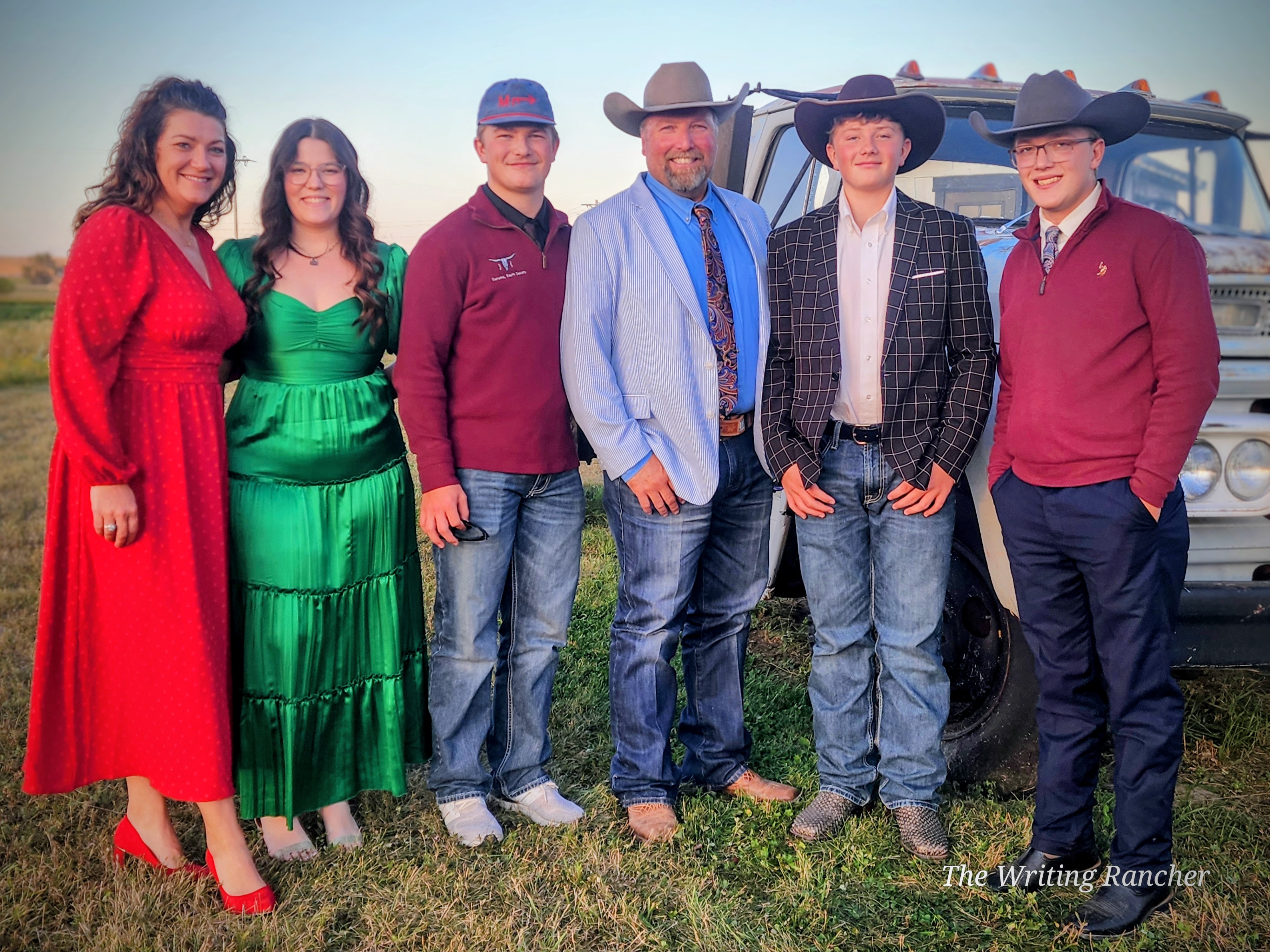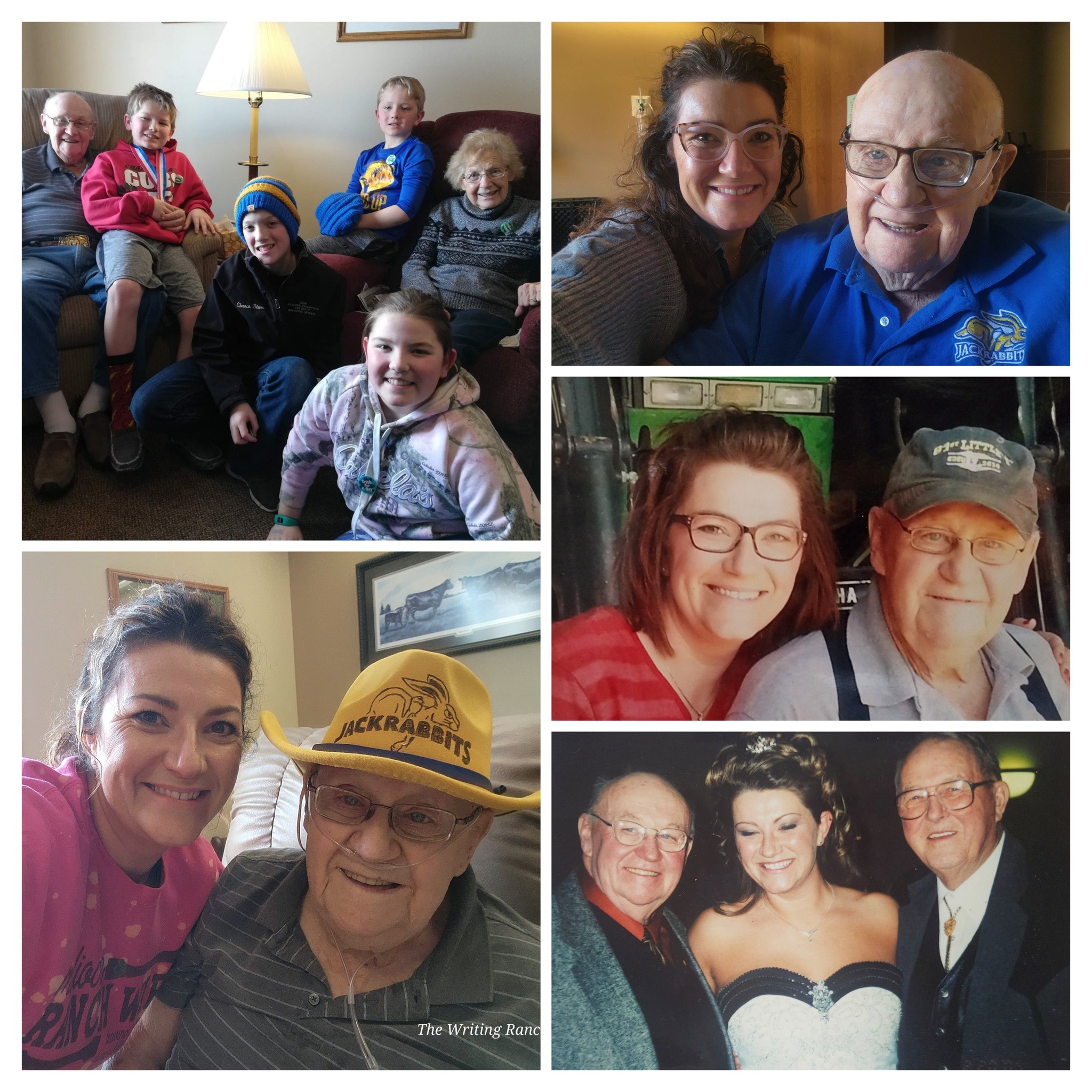Have you ever noticed the power or meaning of words?
As a writer, I notice words all day. I think about what they mean in different contexts. I marvel at a simple word’s ability to command attention, set a tone, or deliver information. In short, I’m a “word nerd”.
Lately, I’ve been plagued by a four-letter word I hear often and frequently use without thought. I’m willing to bet you’ve even uttered the word in various situations and thought nothing of its implication. If you know my sailor-worthy vocabulary, you’re probably shuddering at the thought of this four-letter word, but fear not.
This word carries more weight than any profanity. Its implied meaning is embedded much deeper in the fiber of our lives than we realize, and though you should have your mouth washed with soap for saying it, not a single, sane person would ever consider it.
The word? Just.
I know; it seems innocent enough. I mean, it’s “just” a word.
By definition, just—most commonly used to describe—means “based on or behaving according to what is morally right and fair.” The traditional meaning reads like this: I long for life in a just society. I strive to be a just parent, so our children can grow to become just adults.
Unfortunately, unless you’re even more of a word nerd than me, just rarely gets used in such a context.
Perhaps, you’re more familiar with these examples of how we use just today:
- You can’t do that; you’re just [a kid, a woman, a farmer, etc.].
- Don’t get bent out of shape; it’s just a word.
- I’m just a [rancher, farmer, stay-at-home mom, garbage man, etc].
Many of us have readily accepted just as a label for one thing with a value less than another. We’ve even taken to using the word as a sign of humility. In the process, we’ve not only eroded the word’s meaning but also degraded the significance of personal worth.
There have been countless conversations when I’m asked what I do. Without thought, my response is often, “Well, I’m just at home,” or “I just write a little.”
I’ve also been on the other side of the word when another person has said to me, “Oh, you’re just at home now, huh?” Like just being at home or writing or ranching or whatever else is somehow less valuable.
I think it’s high time we take pride in what we do and who we are. Besides, if we don’t have pride in what we do or who we are, don’t we owe it to ourselves, our family, and our industry to knock it off and change gears?
Agriculture is more important today than it’s ever been. Studies indicate people, especially young adults, care more about their food and its production than ever before; yet, those same young adults are the furthest removed from the actual production of food.
How do we bridge the gap if we are “just” farmers and ranchers?
Lucas Lentsch, former SD Secretary of Ag and fellow SD Ag & Rural Leadership alum, once spoke at our county ag appreciation banquet. What he shared that struck me most is this:
“I know the good, responsible, meaningful work you do every day. But, as our society becomes further removed from production agriculture, it is paramount to ensure we are understanding and thoughtful in our conversations. Tonight, I ask you something my dad challenged me with long ago … what are you doing to love your community?”
Personally, I don’t feel like we are doing enough to love our ag communities if we allow or encourage others to view us as “just” farmers and ranchers. We are the thread binding together our country’s fabric. You know your career is complex. You are a rancher. You are a farmer. You are a partner in your family’s way of life.
Until we take ourselves and our work seriously, I think others will continue to view us inaccurately. We are valuable, needed members of our communities, and our daily work matters.
Yes, I’m a word nerd. I am not, however, “just” a writer or “just” a stay-at-home mom. I am a writer who works in her family’s ranching business. To make a difference for my community and my family, I need to tackle the hard work of personally believing in the value of what I’m doing … not on the outside, but rather in my heart.
Maybe you are fortunate and confident enough to know the value of yourself and your work. Good for you! I encourage you to share your story and be part of conversations in a positive, understanding way. And, if you’re more like me, I hope you’ll work on believing in your own value. You have a story worth telling, and the world deserves to hear it!
“Combine the extremes, and you will have the true center.” –Friedrich Schlegel, German philosopher









